Gaming is full of redemption arcs and tragedies. No Man’s Sky is arguably the poster child for a successful comeback, while flops like Suicide Squad: Kill the Justice League and Payday 3 can easily fall into oblivion.
Destiny 2 fans have oscillated between the two sides in the past years. Bungie’s golden goose seems to top itself, only to topple months later. The Witch Queen was a high point for the franchise in early 2022, but its successor Lightfall missed 45 percent of revenue projections and dug the studio into a deep hole. Even this year’s miraculous The Final Shape can’t wash away the taste of a second, more brutal wave of studio layoffs and the prospect of anemic content going forward.
It’s hard to blame Destiny 2 players for leaving. Morale is at an all-time low, and it has been at an “all-time low” multiple times in the past couple of years. The reported new content plan for the game could be its death knell, and guardians may look to Warframe for a spiritual successor.
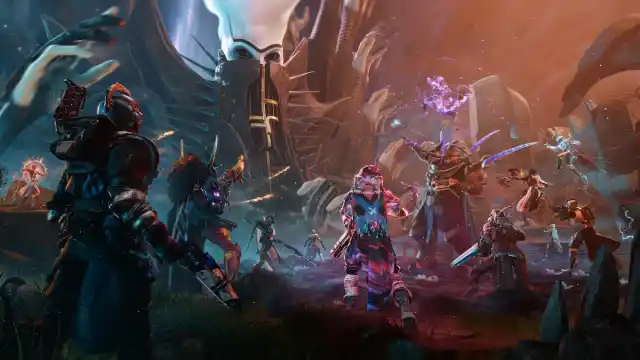
The occasional bickering between fans of the two titles has existed for years now, sometimes with a misplaced rivalry between these camps. Destiny 2’s grim future brought some of this antagonism to light again, but this old clash has long worn out its welcome.
Destiny 2 and Warframe often get bundled into the same category, but anyone who’s played both extensively knows there’s little reason for a feud between them. Sure, they’re both successful sci-fi games that became famous for being grindy. And that’s about all they have in common.
At their core, Warframe and Destiny 2 are wildly different experiences, and it doesn’t take much playtime to realize it. One’s a breakneck, third-person space ninja game with enough MMO elements to make you almost miss World of Warcraft. The other is a brilliant, slower-paced first-person shooter with a distinct, borderline addictive gunplay and nearly unparalleled worldbuilding and storytelling.
Thinking these two famous titles can’t coexist is foolish at best, and rooting for one of them to fail is even worse. Warframe’s now creative director Rebecca Ford called them “games going in different directions” in 2017 when she was still a producer, and there’s hardly been a reason for rivalry since. They are two great experiences in their own right, and anyone should hope they thrive in tandem with each other.
Choosing between Destiny 2 and Warframe isn’t a mutually exclusive pick, either. Logging into your Bungie account won’t have you choose between Volt, Mag, and Excalibur again, and I promise you creating an account with Digital Extremes won’t delete your guardians. It’s okay to play both, just one, or neither.
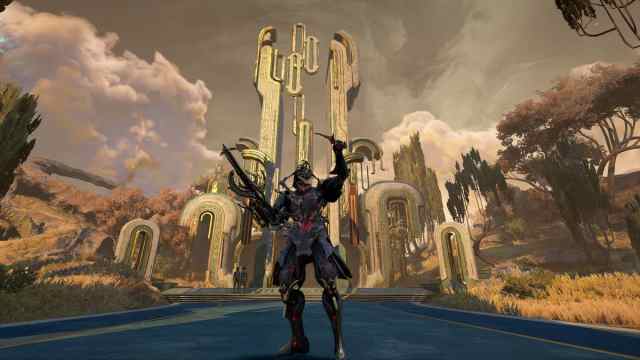
Outside the game, the main difference lies in the studios behind these two. Bungie is a titan of the industry and had a multibillion-dollar buyout from Sony (even if $2.3 million of it went straight to Pete Parsons’ garage). Canadian studio Digital Extremes, on the other hand, comprises more than 300 employees—about as many as Bungie laid off within the last year. Even after a second brutal wave of layoffs, the American studio still has around 850 staff working on both Destiny 2 and Marathon.
Warframe is far more modest in its ambitions. And it often delivers, though at a much slower pace. It doesn’t have as much content as Destiny 2, but it does what it’s promised to do with short updates, the addition of a handful of new Warframes (and Prime variants) every few months, and a succession of phenomenal major end-of-year updates. Warframe 1999, scheduled for this winter, brings the action closer to our world with a nostalgic Y2K-inspired aesthetic, a splash of prequel energy, a bona fide boy band who become alien bosses, and a dash of romance sprinkled in.
Switching between the two games makes me wish each borrowed a bit more from the other. Warframe has a litany of features I’d love to see in D2 in some capacity, including better fashion, MMO-like systems, an actual free-to-play price tag, and permanent missions. But I also wish Warframe had as much content as its sci-fi neighbor, or at least something that keeps me coming back more often. Of course, comparing resources between Digital Extremes and Bungie would be unfair at best, though both teams are filled with talented staff.
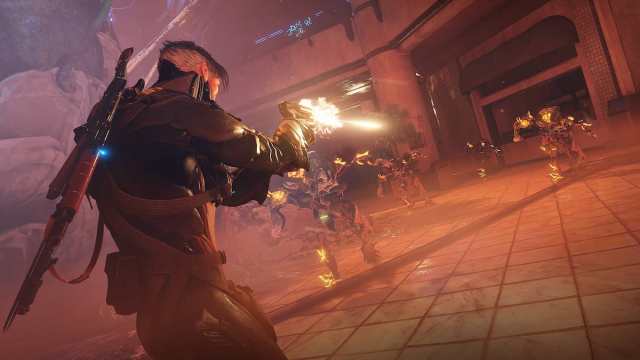
Any guardian would be spoiled when playing Warframe due to the sheer amount of resources available. The Warframe wiki is so good it might be official, there’s a detailed list of drop rates for each item and mission, the entire game is fully free, content doesn’t get vaulted, clans are actually meaningful, player-to-player trading works, and you can even farm for premium currency. This doesn’t exempt the game from its flaws (including pervasive timegates and a need for Platinum if you want to improve your progression or rush your crafting), but it outweighs their downsides.
The Warframe community is also generally welcoming, both in-game and outside of it. It’s hard to see a new player’s questions go unanswered on mission chat, and someone spewing vitriol is usually a rare occurrence. Not many gaming communities can say they’re so kind it makes for a feature on The Guardian.
Because of that, it’s baffling to see a misplaced minority holding onto an imaginary grudge—and thankfully, it seems to be a minority. The Warframe subreddit already has a few “welcome” posts for any tips that could be useful to Destiny 2 players specifically, and I doubt the community would break its 11-year streak of kindness.
If you’re looking to branch out of Destiny 2, stopping by Warframe may be worth the trip. If the game clicks with you, it will keep you coming back for more. Its focus on cooperation and community-building has undoubtedly been part of its appeal for over a decade—and the Tenno who play it take those principles to heart. It’s nice to be hopeful, for a change.
Even if Destiny 2 somehow eludes its final death, Warframe’s doors are always open. Those weapons won’t farm themselves, after all.



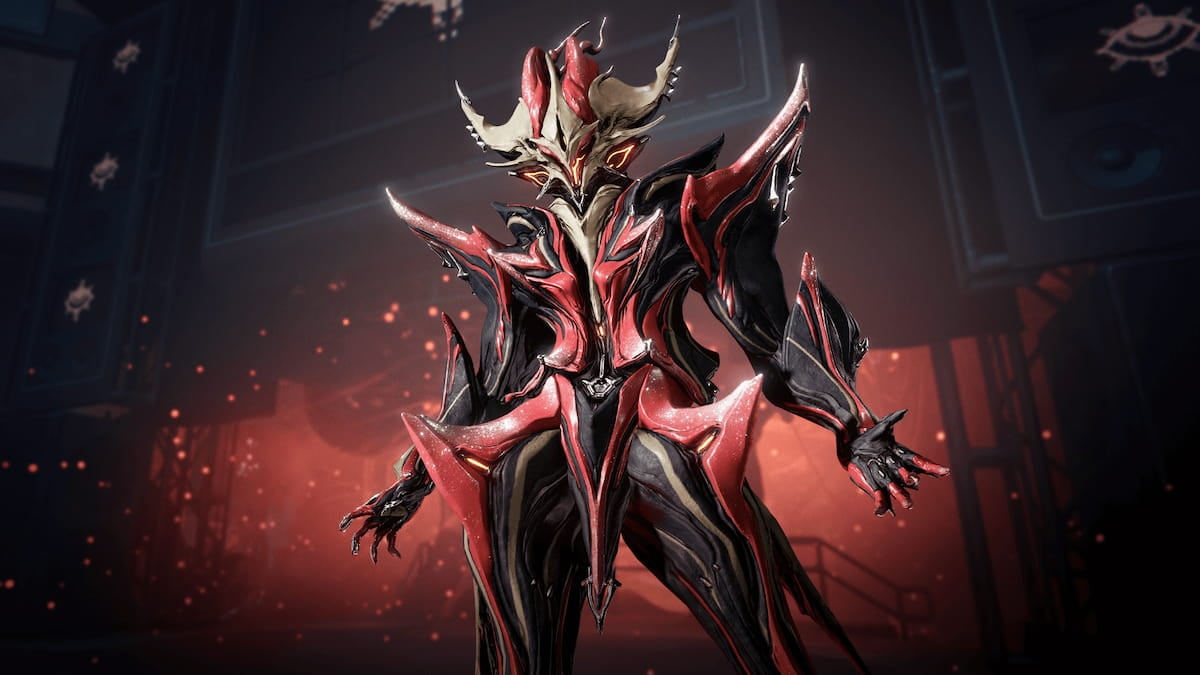
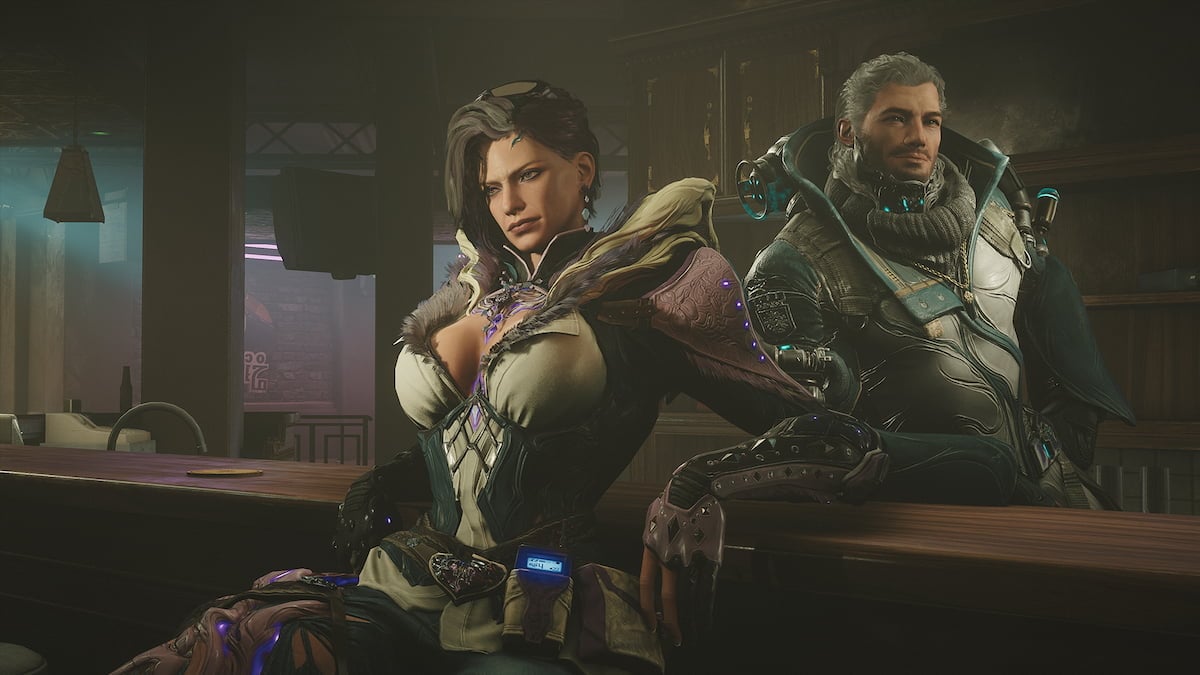
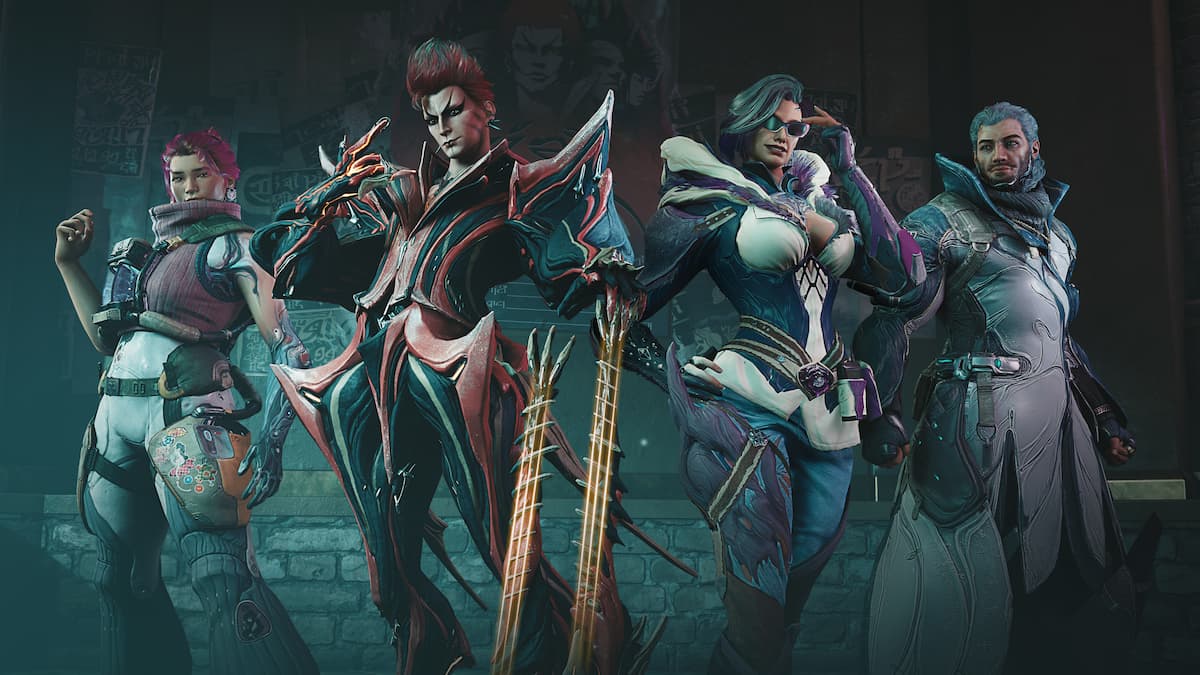
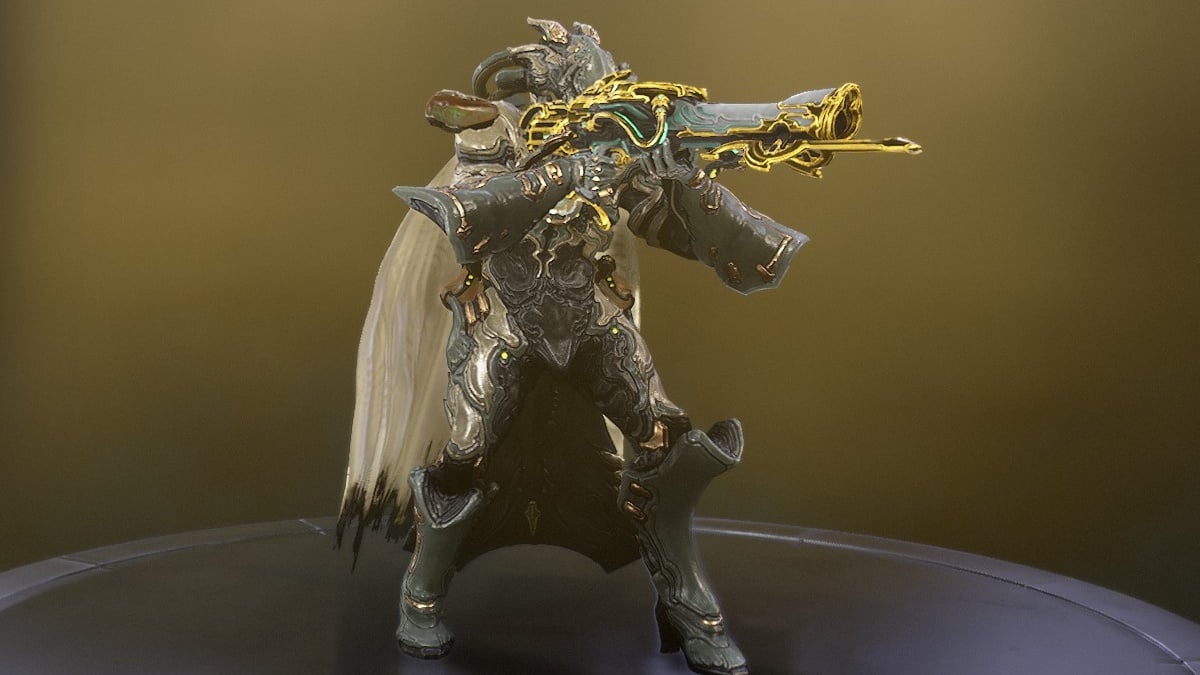
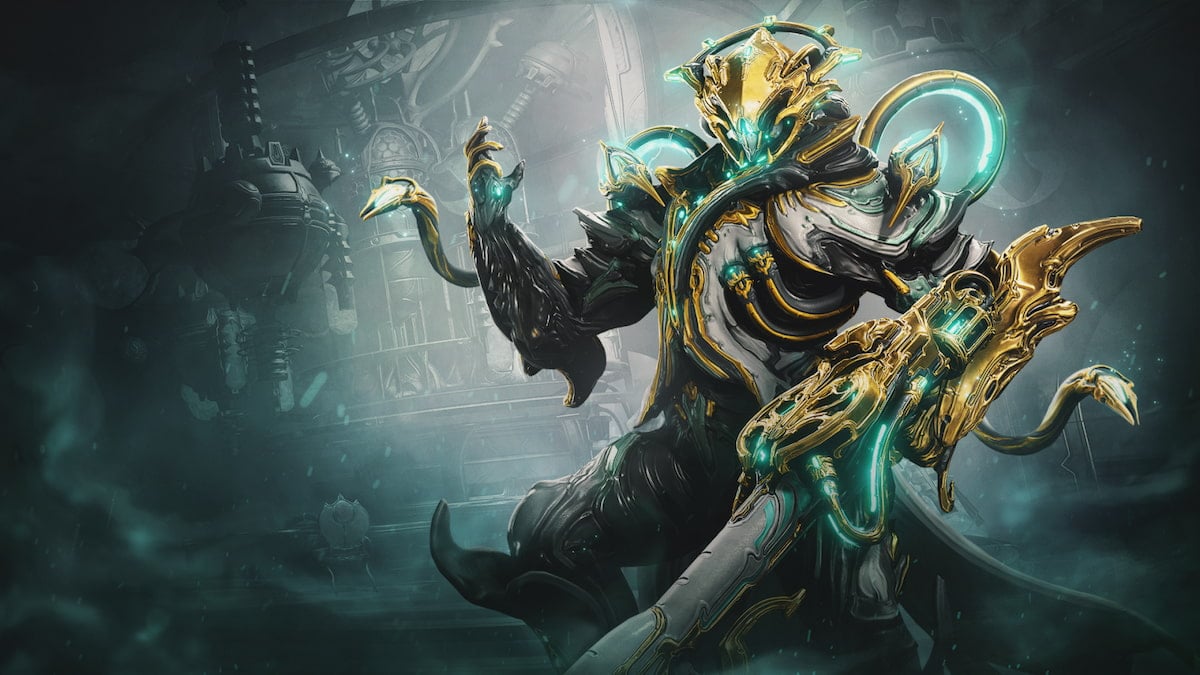
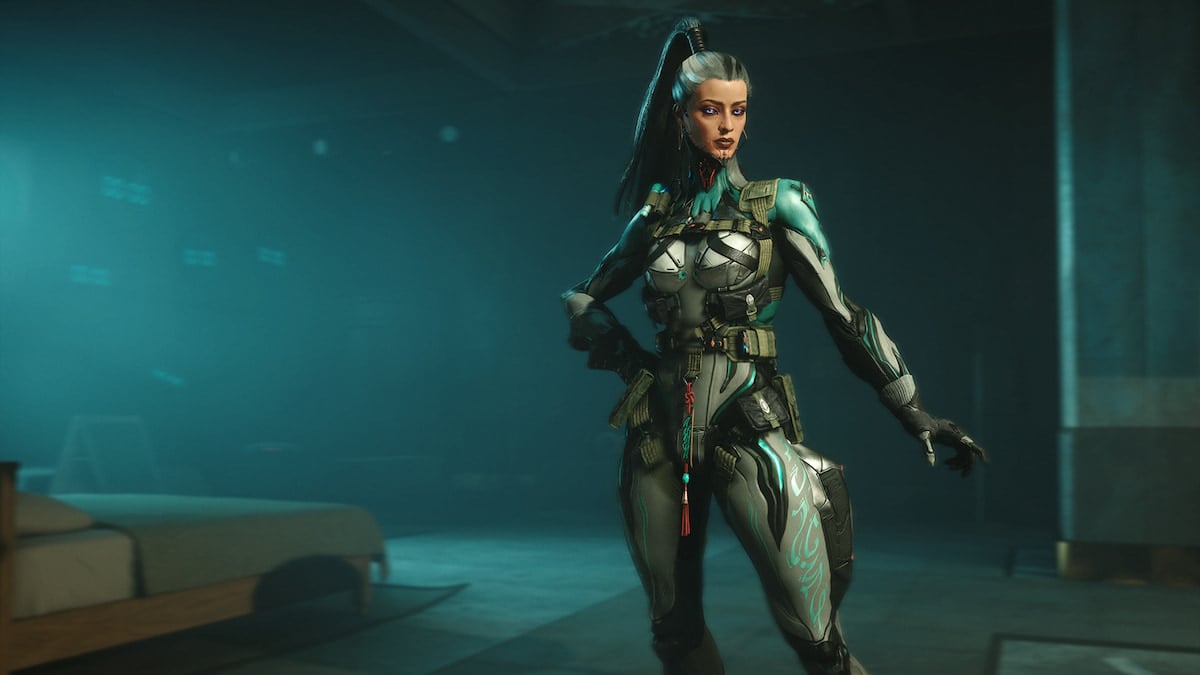
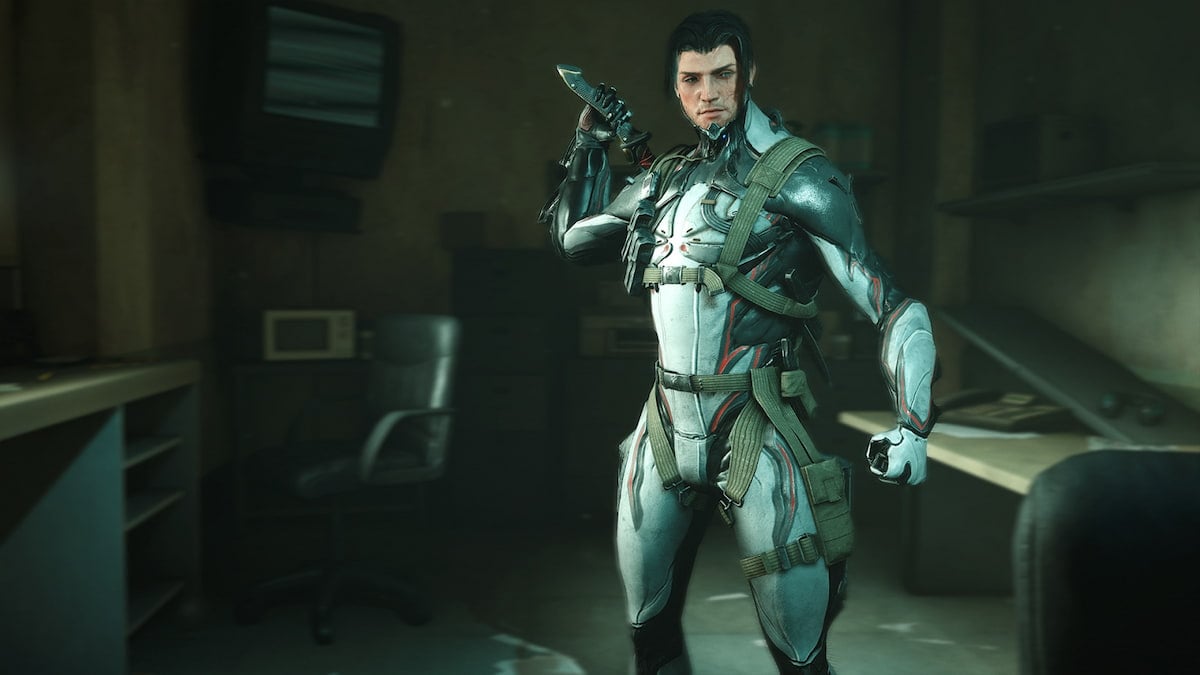
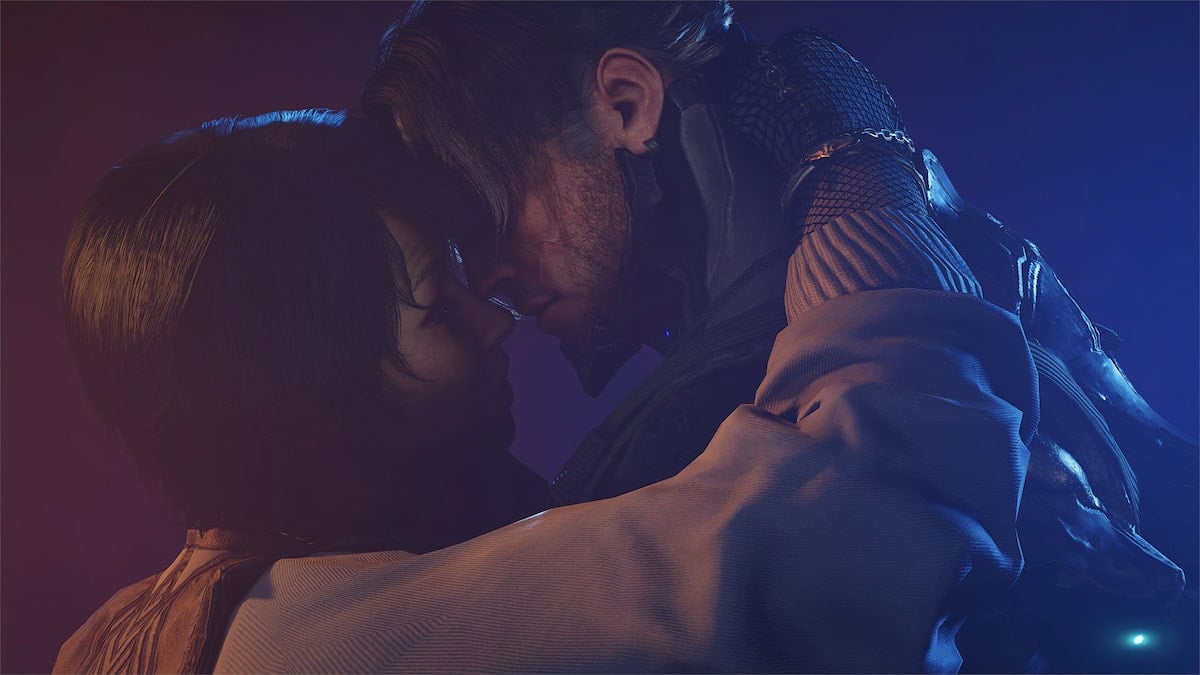
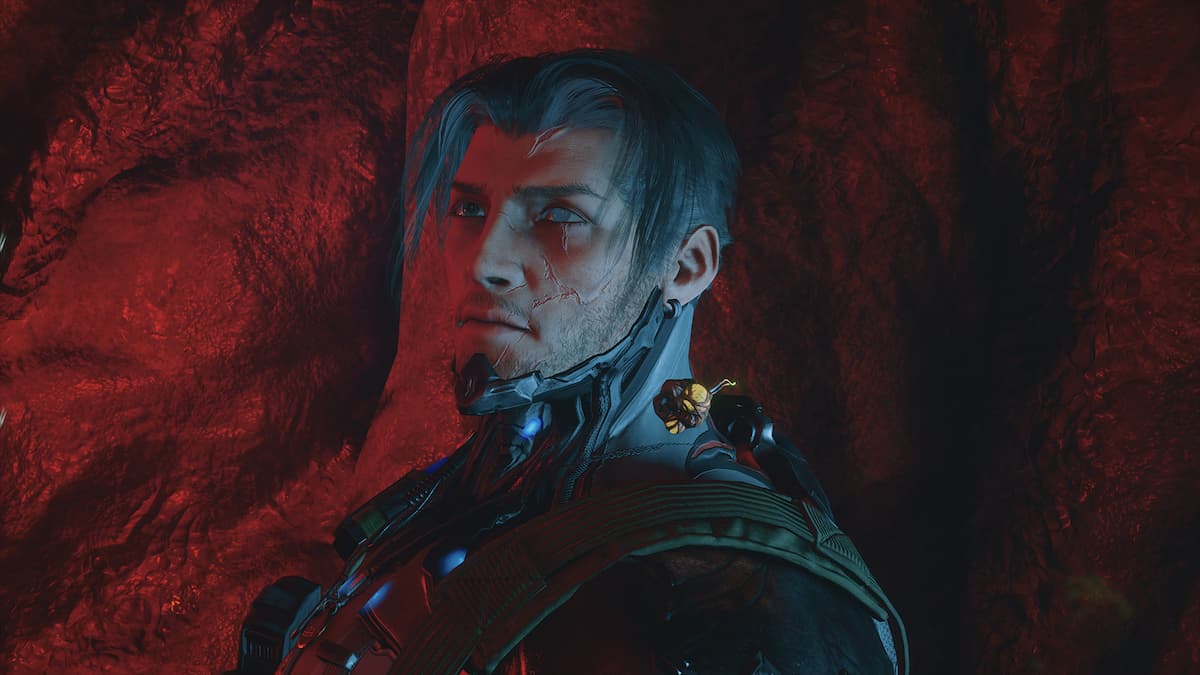

Published: Aug 9, 2024 02:21 pm